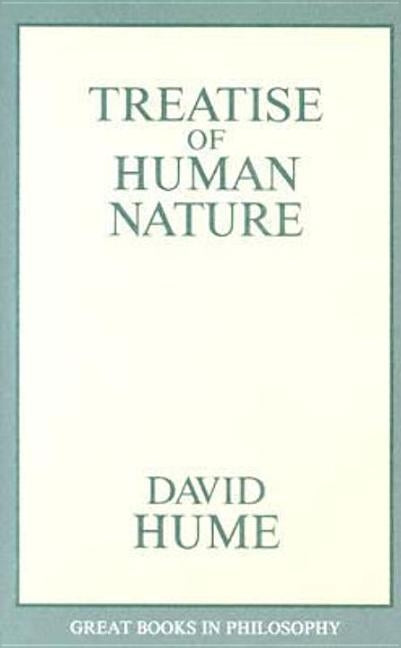Description
Author: David Hume
Publisher: Prometheus Books
Published: 06/01/1992
Pages: 344
Binding Type: Paperback
Weight: 1.75lbs
Size: 8.45h x 5.42w x 1.56d
ISBN13: 9780879757434
ISBN10: 0879757434
BISAC Categories:
- Philosophy | Movements | Humanism
About the Author
DAVID HUME was born in Edinburgh, Scotland, on April 26, 1711. He entered the University of Edinburgh at the age of twelve but left a few years later without having been conferred a degree. Being a lifelong skeptic, Hume was taken with the French philosophers whose work was exemplary of the movement. In 1734, he made an intellec-tual pilgrimage to La Fleche, France, the town where Descartes had been educated. Three years later, this change of scene culminated in his book titled A Treatise of Human Nature.
After returning to England in 1737, the remainder of Hume's life was spent writing on psychology, morality, and politics. During this time, his bid for appointment as professor of ethics in Edinburgh proved unsuccessful because of his views on religion. From that point on, he was to undertake short-term positions of employment with powerful and influential people in the English government. These appointments included some travel to the Continent. From 1767 to 1768 he served as undersecretary of state for the northern depart-ment. Hume then returned to Edinburgh, where he died eight years later on August 25, 1776.

